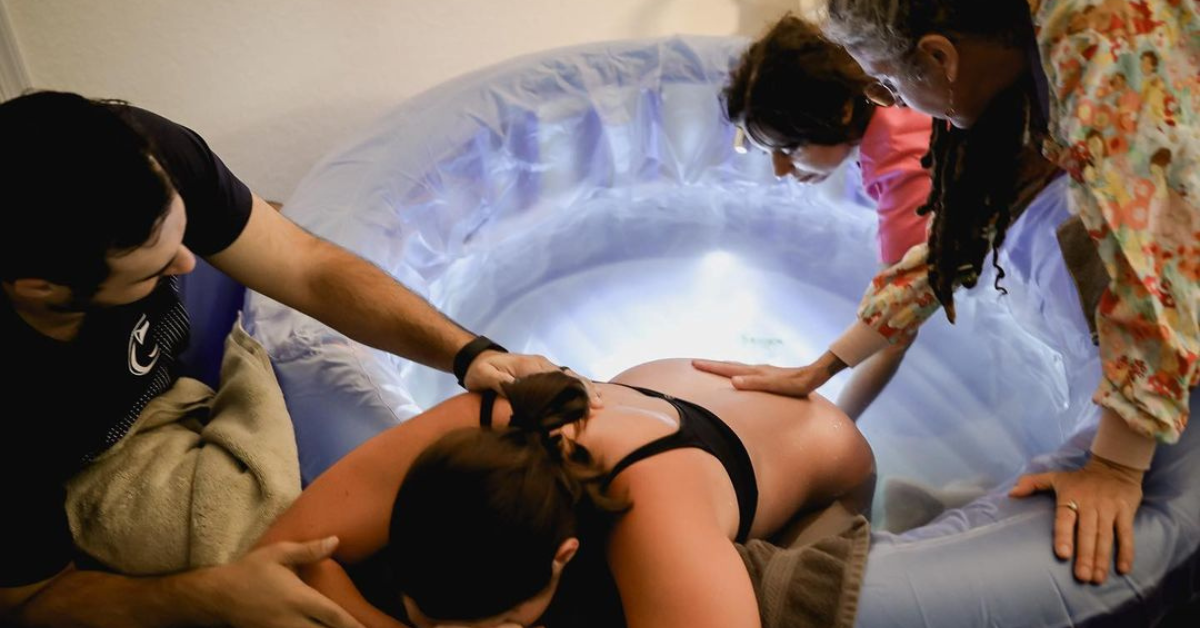What is Depression in Pregnancy?
Just like clinical depression, depression during pregnancy, or antepartum depression, is a mood disorder which is a biological illness that involve changes in brain chemistry.
During pregnancy, hormone changes can influence the chemicals in your brain, which are precisely linked to depression and anxiety. This can be brought upon by hardships in life, which can cause depression during pregnancy.
Why do pregnant women experience depression?
Going through depression when pregnant is not an unusual thing. It’s one of the most common medical complications of pregnancy. Antepartum depression affects up to 1 in 7 women (about 15 percent).
Since there are a multitude of reasons behind why people become depressed, there is really no way to tell the exact cause. However, sometimes we can recognize certain events that have played a role in how we’re feeling. It is very important to be aware of things that may trigger depression.
Causes/Triggers
Sometimes a toxic relationship, past or present, can lead to depression, especially if there was abuse or trauma involved. Domestic violence, or intimate partner violence (IPV), can be a big indicator as to why you are feeling emotionally paralyzed. This can be even more pressing if the father of your child is your abuser.
If your pregnancy was unplanned or unwanted, you could be more at risk to experience depression during pregnancy. Or if you’re single and have to prepare to go through this alone. Another risk factor is becoming pregnant as a teenager, which in most cases goes hand in hand with the pregnancy being unplanned.
A common cause of depression during pregnancy is the previous loss of a child, either prior to or after birth. This is a heartbreaking experience for anyone to go through, so becoming pregnant again can bring up lots of hard emotions which can then lead to depression and anxiety.
Depression during pregnancy doesn’t always happen right away. Sometimes it comes later on in your term, particularly if you are going through complications during your pregnancy. Some complications could be birth defects, or being pregnant with multiples.
The Toll on Your Mental Health
If you have struggled with clinical depression in the past, you may be at risk to experience depression during pregnancy. Even if you’ve been treated and haven’t felt internal sorrow in some time, being pregnant can cause the depression to return. Also, if someone in your family is battling depression, it could potentially be passed down to you through genetics.
Pregnancy alone takes a toll on your physical and mental well being, but if you are going through a traumatic or stressful time in your life, you could be at risk for depression during pregnancy. Mourning the death of a loved one, or dealing with a separation from your partner, or not feeling supported by family and friends could all be triggers.
Of course drinking alcohol and using harmful drugs needs to come to an end while pregnant to assure the babies health and safety, but participating in these activities can be harmful to the mother as well. The use of drugs and alcohol can make anyone depressed regardless, but throw being pregnant on top of it, and you will definitely be at risk.
Signs/Symptoms
When depression during pregnancy is a concern, there are signs/symptoms you should look out for.
A very common indicator of depression is persistent sadness. Sometimes it is hard to realize or acknowledge mood changes within yourself, so have your partner keep an eye on your behavior patterns. It is crucial to recognize these feelings as soon as they come about as depression can bring on recurring thoughts of death/suicide. Depression is often linked with anxiety, so you may have feelings of worry or even possibly guilt and worthlessness.
Your sleep schedule may change if you are depressed while pregnant. This could mean either sleeping too much or too little, or just constantly feeling restless. The same thing goes with eating. There’s a likelihood that you could gain or lose weight in an unhealthy manner due to over/under eating.
You may experience difficulty with decision making, concentrating and remembering things. This can be a very frustrating symptom, so you and your partner can start by researching tools to help.
Physical Symptoms of Depression in Pregnancy
On top of emotional and mental challenges you might face, there are physical symptoms as well. Depression can generate headaches, stomach problems, and other aches and pains that make you physically ill.
Pregnancy can be a joyous thing, but when depression comes into the picture, it can be hard to do your everyday activities. You may lose interest in things you once loved doing prior to the depression during your pregnancy. It’s important that your partner encourages you to not lose touch with things that have made you happy.
Treatments
There is a debate whether taking medications while pregnant can be more harmful or helpful. If you take antidepressants during pregnancy, there may be some risk of birth defects and other possible health issues for your baby. In most cases, the risk is low, but it is recommended to consult with either your primary, prenatal, mental health, or babies care provider, when deciding whether to go the natural route or consider medication. Support groups, psychotherapy, and light therapy are alternatives to using medication. There are other natural remedies you can try to lessen severity of depression such as maintain a good sleep schedule, exercise, eat healthy, herbal remedies, and acupuncture. There has been studies that show that taking a daily supplement of omega-3/fish oils can reduce symptoms of depression. To be on the safe side, still check with your doctor about their recommendations and thoughts on these treatments.
How depression during pregnancy affects your baby
Your baby’s development both inside and outside of the womb can be affected by depression during pregnancy. A woman who is depressed generally does not have the strength or desire to properly take care of herself. Physical and emotional self care is crucial for woman to practice while pregnant because if not, it can result in premature birth, low birth weight, and other developmental problems. Babies who are born to mothers who struggle with depression may be less active, pay less attention, have fewer facial expressions, and exert more anger than babies who are born to a mother who did not go through depression during pregnancy.
How to support your child bearing partner during pregnancy
Finding out you’re pregnant can be either scary or exciting or sometimes a little bit of both. Whether you were planning for it or not, it’s life changing news no matter what. Being supportive can be a tremendous help in this period of change. Let your partner know how important she is to you, and continue to reassure her that everything will be okay. Take time to focus on strengthening your bond with each other and keeping the romance alive. The journey through pregnancy can be like a rollercoaster at times. Providing your partner with the right support system will potentially lessen the risk of depression during pregnancy.
Get Extra Support by Having a Midwife
Having a midwife that understands your birth plan can help relieve a lot of this stress. Midwife 360 has a team of dedicated women that have experience several thousand women give birth and have guided them through this journey. Feel confident with Midwives that can offer support to help you with symptoms of depression and discomfort during pregnancy.





